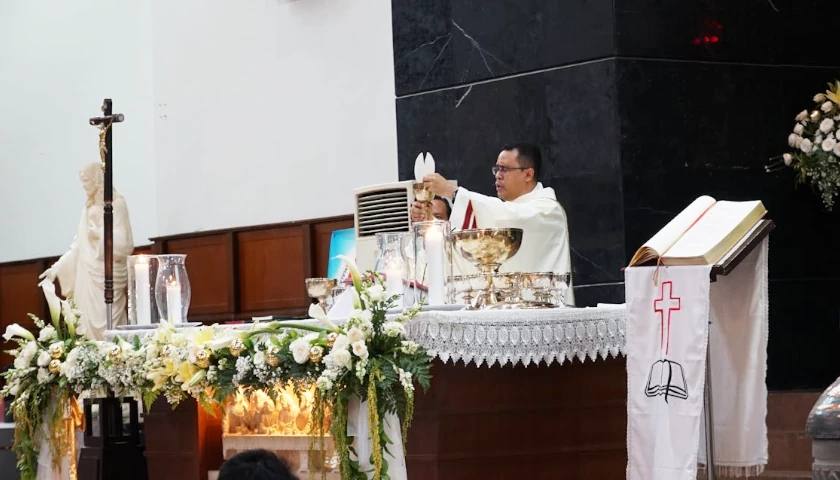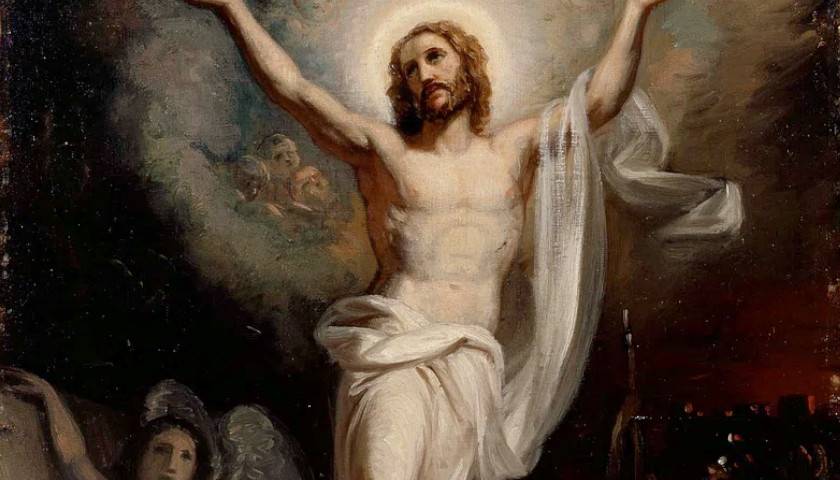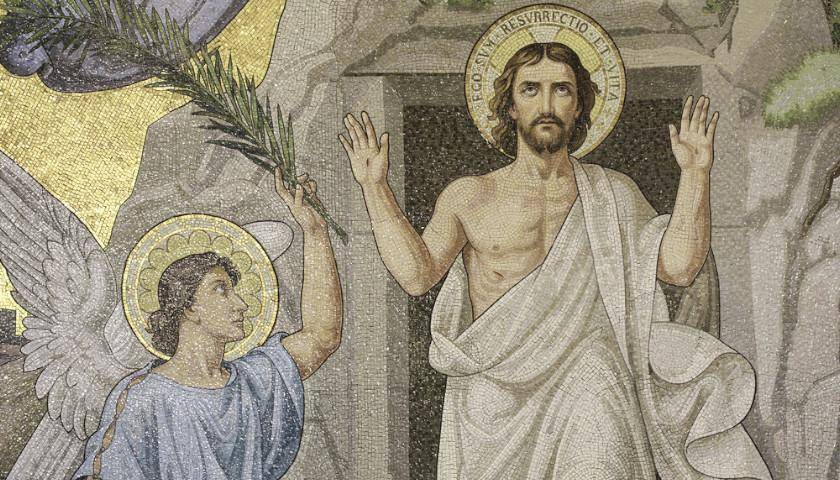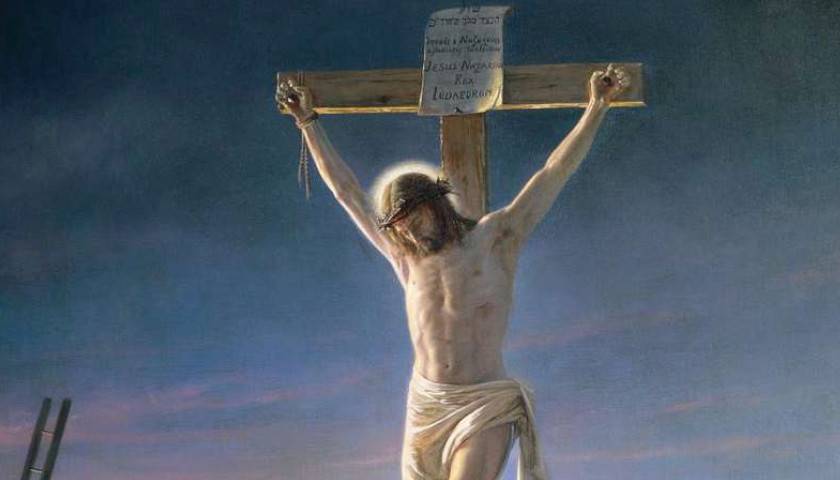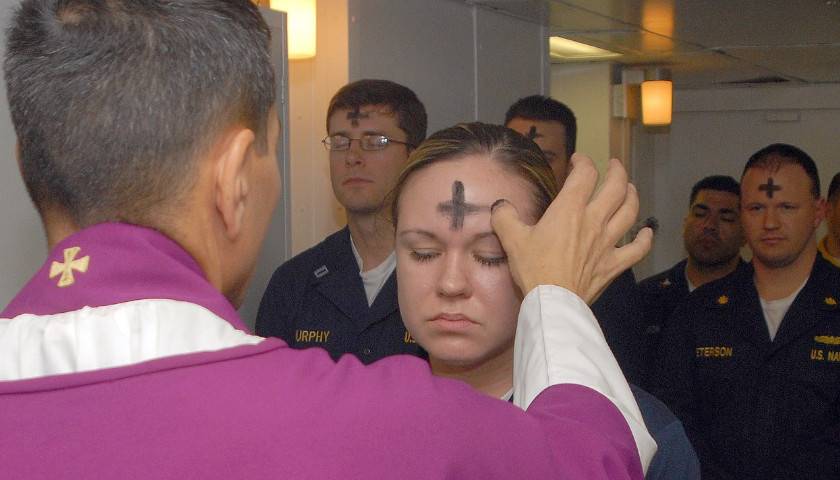A former City University of New York (CUNY) staff member is suing the university for wrongfully terminating her employment after she converted to Christianity, according to a religious discrimination lawsuit filed last week.
Teona Pagan, who worked at CUNY’s Research Foundation as the Fellowships and Public Service Program Coordinator, alleges she was denied a religious accommodation for an aspect of her job that required her to recruit students for a fellowship focused on the promotion of LGBT “rights and causes,” according to the complaint filed Aug. 28. When Pagan converted to Christianity in April 2022 — months after beginning her job in November 2021 — she suddenly found her duties related to the fellowship in conflict with her sincerely held religious beliefs.
Read More
